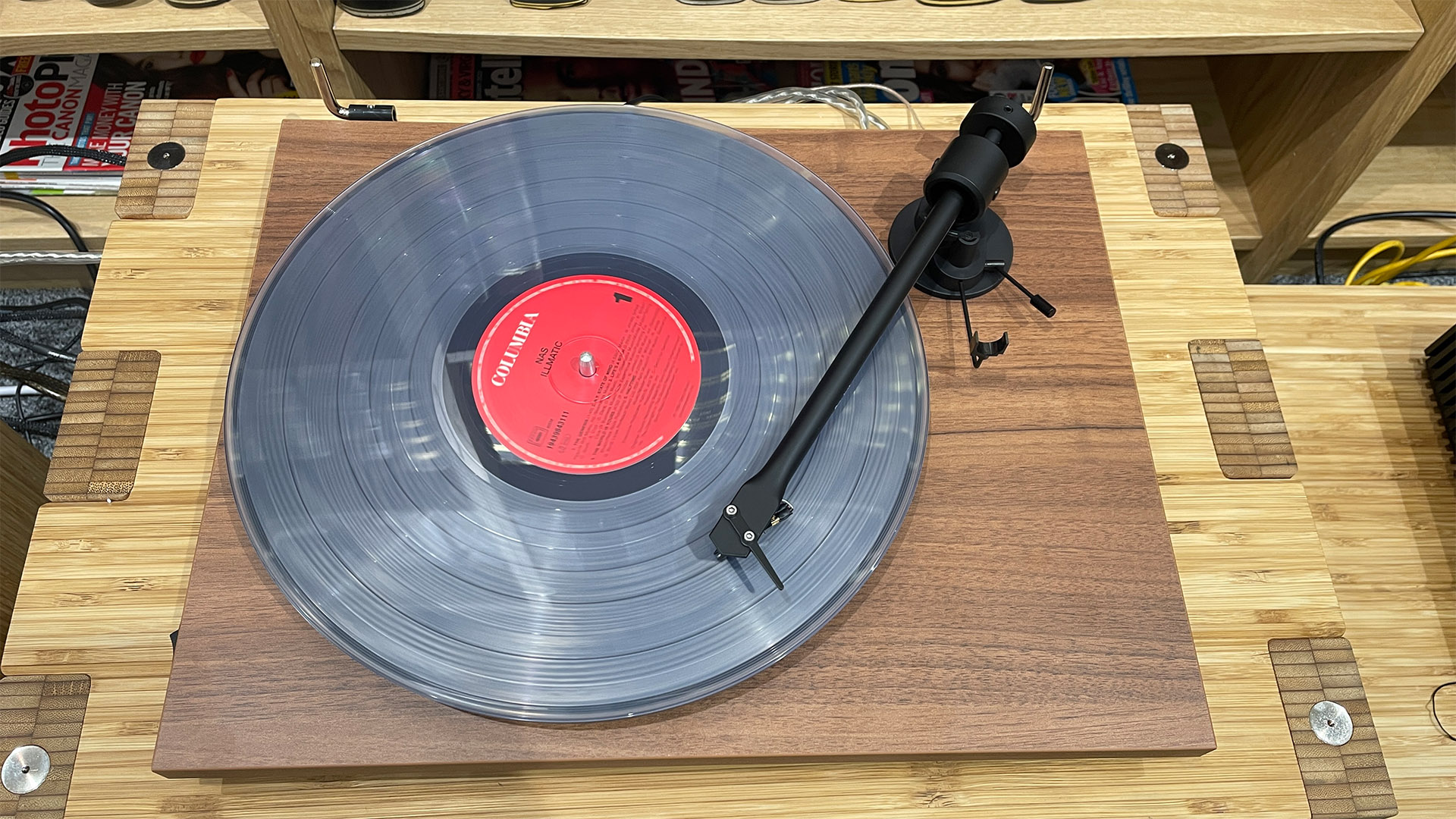Samsung aims to sell 50m TVs in a year, will announce Google TV plans at CES
Company aims to further increase its grip on the global market, will join forces with Google for new concept TV


Bucking the trend of other TV manufacturers' reductions in sales targets, Samsung says it's on course to hit its 2011 sales plan of 45m sets this year – and next year expects to up that figure to 50m units.
The Korean giant has also revealed it's in the final stages of negotiations with Google to launch a Google TV.
Although it won't be launched at the 2012 CES in the States in January, the company is expected make an announcement about its planned release date for Google TV at the show, where Samsung also plans to launch 'next-generation' TVs using OLED technology.
While the Google TV project will be separate from its mainstream range, much as the Samsung-made Galaxy Nexus phone is marketed as a Google product, smart TVs form a major part of Samsung's plans for sales expansion in 2012.
The company has led the TV market for the past five years, already having sold 29m flatscreen TVs – both LCD and plasma – in the first nine months of 2011, and expecting to hit that 45m target by the close of the year.

With the global market expected to expand by 10% next year, the president of Samsung's digital media division, Yoon Boo-keun (left), is now targeting that 50m figure.
That's at odds with the sales predictions of some of Samsung's rivals: Sony, for example, has recently revised down its sales targets as a result of the current global economic situation.
Get the What Hi-Fi? Newsletter
The latest hi-fi, home cinema and tech news, reviews, buying advice and deals, direct to your inbox.
And Samsung expects its growth to come from premium models, building on its nine-month market share of 26.6% in Europe, and 35.9% in North America. Yoon says that 'Next year’s TV market will centre around smart TVs.'
That makes Samsung's Google deal all the more interesting, Yoon saying that 'We are in last-stage talks with Google on the production of Google TV,' and adding that the smart TV, which will run on Google's own operating system, 'will be distinct from our conventional products. The product will be revealed next year for sure, but not at the CES in January, although we would probably be able to comment on the release date in Las Vegas.'
Google TV or Apple TV?
Samsung isn't the only company working on Google TV: its Korean rival LG has also suggested it will be launching Google OS television product, making it likely we'll see product in the very near future, while Sony has for some time had Google-based TVs on sale in the States, and so would be an obvious company to move on to 'next-generation' Google TV models.
This would also fit in with the recent comments by Sony boss Sir Howard Stringer, who said a couple of weeks back that the company is working on 'a different kind of TV set', with a 'four screen' approach including both mobile phones and tablets. Sony has also recently announced that it's buying itself out of its Sony Ericsson alliance, bringing its mobile phone business back under the Sony brand.
Such moves could well put pressure on Apple, which has long been rumoured to be working on TVs based around its own operating systems, and could see new players entering the TV market, with the OS behind the TV becoming equally as important as the manufacturer of the hardware. Even Microsoft has been rumoured as eyeing the TV business as an extension of its XBox brand.
Stringer's comments specifically mentioned Apple as the target of Sony's new approach – 'I spent the last five years building a platform so I can compete against Steve Jobs. It’s finished, and it’s launching now,' he said.
However, Samsung's Yoon has stressed that its Google TV product will be significantly different from the earlier Google-enabled models we have already seen.
Meanwhile an unnamed Samsung executive, speaking to The Korea Times, said of expectations of a Google/Apple tussle in the TV arena that 'We know of the predictions that Samsung’s long-term position in the television business will weaken if it heavily supports Google TV, but we don’t see it that way.
'Google and Apple are likely to headline the fight in smart televisions as they did in smartphones. That makes Samsung and LG important partners for Google.'
A new kind of premium
Clearly the definition of a 'premium TV' is being rethought by several companies, given the speed with which 3D has ceased to be a top-price feature and has become commoditised. Smart TV and new display technologies look to be the way forward.
Speaking at a smart TV forum in Seoul, Samsung's Yoon also revealed that 'We will be introducing OLED TVs at next year’s CES', the expectation being that the company will announce products including its 55in model using the self-illuminating, super-thin display technology.
However, while the current need for glasses – be they active-shutter or passive polarised – is seen by many as a hindrance to greater uptake of 3D TV in the home, it seems 'no glasses' 3D from the Samsung may be a way off.
'We are more than capable of producing glassless 3D TVs, but our technologies fall short of delivering the product at an affordable price,' Yoon said.
It seems there may be more than one shift in focus going on in the TV industry, as 3D – heralded by many manufacturers not so long back as the key to the revival of their TV divisions' profitability – looks set to take second place to internet-connected sets offering a much wider range of capabilities, and the giant computer and internet players angle for a stake in the market.
Follow whathifi.com on Twitter
Andrew has written about audio and video products for the past 20+ years, and been a consumer journalist for more than 30 years, starting his career on camera magazines. Andrew has contributed to titles including What Hi-Fi?, Gramophone, Jazzwise and Hi-Fi Critic, Hi-Fi News & Record Review and Hi-Fi Choice. I’ve also written for a number of non-specialist and overseas magazines.
